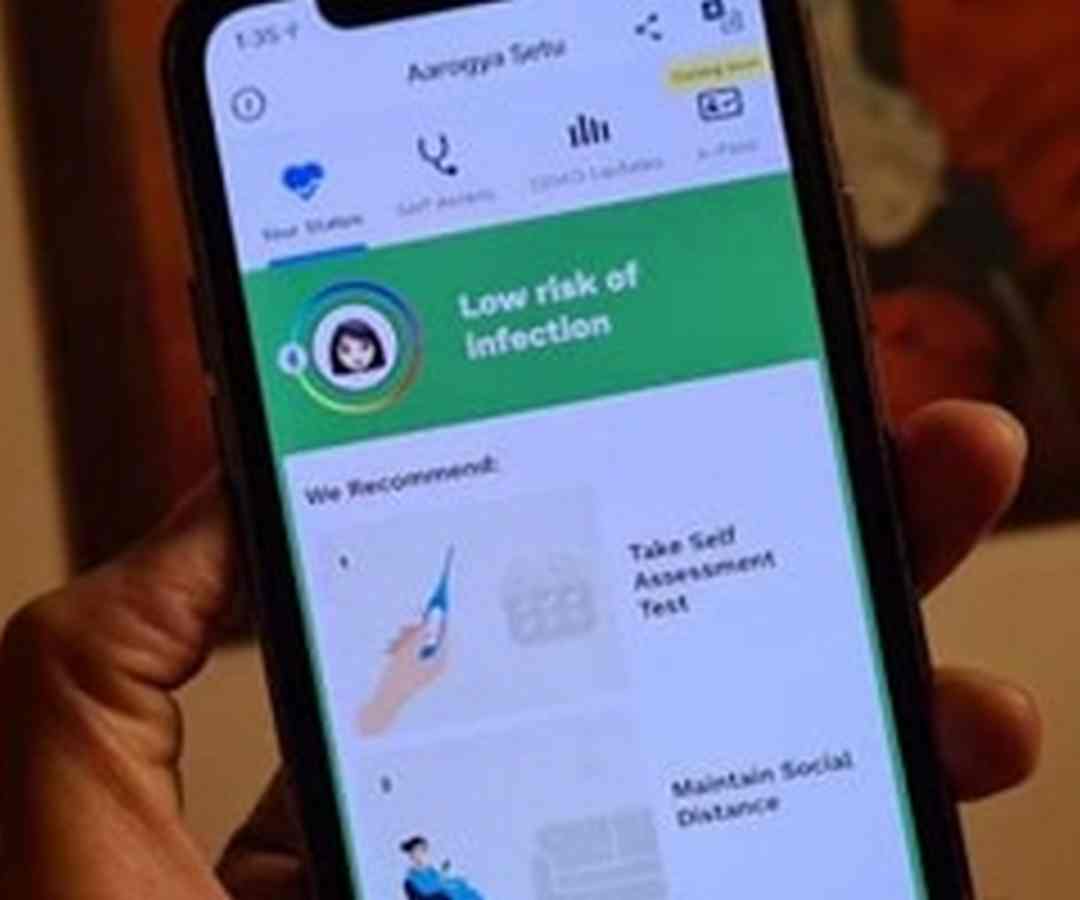
Divorce: Jurisdiction and Monetary Aid Purposes – Wealth and Finance Worldwide
By Stephanie Kyriacou, affiliate within the household staff at legislation agency, Shakespeare Martineau.
Many high-net-worth people (HNWI) lead actually worldwide existence, travelling the world, proudly owning a number of residences and holding belongings all throughout the globe. Nevertheless, while this internationally-mobile way of life definitely has its advantages, for {couples} navigating the emotional strategy of divorce, coping with a number of authorized jurisdictions can usually trigger points, significantly if one aspect of the divorcing get together has been unfairly handled by the overseas courts.
Fortunately, if a person believes that they’ve suffered monetary hardship because of a monetary order in a overseas jurisdiction, there could also be an avenue which they’ll pursue to steadiness the scales, supplied by the English and Welsh courts. The UK’s authorized system has lengthy been thought of one of the vital honest and agreeable world wide by way of settling monetary issues upon divorce, and there’s a cause why London itself is called the ‘divorce capital of the world’.
Sadly, the overseas courts are sometimes not as beneficiant as their English and Welsh counterparts and the disparity between the sums awarded can usually end in excessive monetary hardship for spouses who get the uncooked finish of the deal.
This entry to monetary reduction within the UK revolves round Half III of the Matrimonial and Household Proceedings Act 1984 (MFPA 1984). This act permits spouses who’ve been divorced abroad, and who’ve a confirmed connection to the UK, to entry monetary treatment within the UK, if they’ve been handled unfairly by overseas courts and have exhausted all avenues to right that unfairness in that abroad courtroom.
Nevertheless, while this piece of laws can provide a lifeline to these people who haven’t obtained enough monetary provision in an abroad jurisdiction, there are a selection of standards which should be met earlier than an utility might be made underneath Half III of the MFPA 1984. The appliance itself is a two-stage course of and the applicant should first apply for permission (go away) to make the applying. The elements the courtroom will look at when figuring out whether or not to permit an utility to proceed to the second stage might be present in sections 15-16 MFPA 1984. If the applicant is profitable on the first stage, they are going to proceed onto the second stage, whereby they are going to go on to make the substantial utility for monetary treatment.
When figuring out whether or not to make an order, the courtroom will base its resolution on the connection that each events to the wedding have with England and Wales, and with the overseas courtroom, in addition to any monetary profit which the applicant or a toddler of the household has or will obtain as a consequence of the overseas divorce. Different elements which can be thought of embrace any rights that the applicant has, or has had, to use for monetary reduction from the opposite get together underneath the overseas courtroom – together with explanation why they might not have finished – in addition to the provision of any property in England and Wales and the extent to which an English order can be enforceable, together with the elapsed time for the reason that overseas divorce.
While placing the wheels in movement as quickly as potential after the overseas divorce has been granted is preferable, the case of Z v Z [2016] EWHC 911 is authority that even with a five-year delay, a courtroom will nonetheless take into account an utility if the opposite standards are met.
While the necessities for making at Half III utility could appear fairly complicated, at face worth they centre on with the ability to proof a powerful hyperlink to the UK, both via residency or belongings. The case of Agbaje v Agbaje [2010] UKSC 13 is the main authority on this space and a offers illustration of how a Half III utility for monetary reduction might be made, and what the courts can be contemplating when selecting whether or not to grant an utility. On this case, the husband and spouse had been Nigerian and had been married for 38 years, with belongings totaling circa £700,000, a lot of which had been tied up in two London properties. All 5 of their kids had been born in London and the couple had spent massive chunks of their life in England. Regardless of the spouse residing in London, the husband utilized for a divorce in Nigeria and his spouse was awarded £86,000 value of property belongings in Lagos, and £21,000 as lump sum upkeep cost. Not proud of this monetary award, the spouse issued proceedings underneath Half III of the MFPA 1984 and was awarded 39 p.c of the couple’s whole belongings, permitting her to hold on her life in London.
This can be a comparatively frequent scenario which is skilled by a lot of the spouses of HNWIs, however ought to give hope that within the occasion of hardship or mistreatment in divorce proceedings dealt with by a overseas courtroom, there’s a security blanket supplied by the MFPA 1984. While many high-net-worth people may have factored pre-nuptial agreements into their marriages, which embrace clauses dictating the place they want their divorce heard within the occasion of a relationship breakdown, some is not going to, and it’s those that the English and Welsh authorized system helps via this channel.













